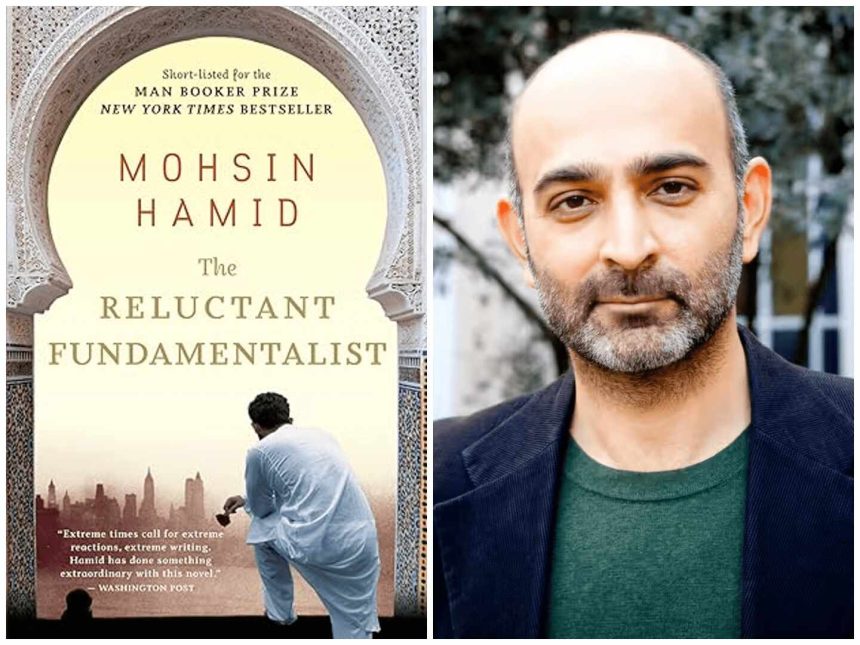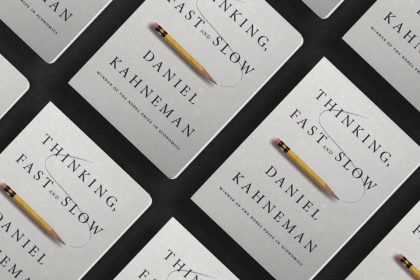Mohsin Hamid’s 2007 book ‘The Reluctant Fundamentalist’ is a novel readers may be familiar with. Probably through the movie adaptation it got in 2012. It has received a fair amount of critical praise, not to mention a significant amount of academic attention. This is how I was introduced to this work. It is an international bestseller with more than a million copies sold. You might be interested to know what the hype is all about. The Reluctant Fundamentalist is about a Pakistani national working in the United States of America before, during, and after 9/11.
Using a dramatic monologue style, the Pakistani citizen named as Changez himself narrates his story to an unnamed and unidentified American man, and to us indirectly. The title is a little misleading. You might end up thinking this is going to be some sort of giant excuse for religious fundamentalism. But that is far from the case. Religion isn’t so much the topic of discussion as culture and politics are. Yes, the story could certainly have been better. Yes, Changez is not particularly compelling as a protagonist, and the side characters aren’t all that interesting either. But the storytelling is masterful.
The setup makes the reader feel like they’re right there, listening to Changez. The unique style alone is enough to recommend this book. It’s not often that you find second person narration in any book after all. The language and overall pacing is also quite accessible. Even ‘inexperienced’ readers should be able to get through this book without much difficulty. ‘The Reluctant Fundamentalist’ focuses on themes of cultural confusion and alienation, patriotism, and mixed identity. These themes have become more common in the years following 9/11 in every sort of media, and they have only gotten more relevant as time has passed.
It is disappointing that the book does not go into detail into some topics, like the changing geopolitical landscape. Mohsin Hamid made the choice to maintain stylistic cohesion rather than delving too deeply into topics that might break the flow. Sometimes, I felt that he was being too superficial. That being said, Mohsin Hamid does an okay job of exploring these themes in this book despite the lackluster narrative. Younger readers, especially those who did not grow up during (or just don’t remember) those turbulent times and are eager to go abroad to find their fortunes, will find much to think about. Particularly, how people behave and treat others in times of crisis is something to be kept in mind, always.
Identity is always less fluid than you think. Being a postmodern work, the book asks a lot of questions but doesn’t always provide satisfactory answers. It focuses far more on how the story is told rather than the story itself. Several things are left to the readers’ interpretation instead of telling us upfront. This can put off some, like me, who prefer their stories to be more definite. The Reluctant Fundamentalist might lose some readers with poorly developed characters and a barebone story, but the sense of intrigue and suspense created by Hamid’s stylistic prowess will be enough to keep most readers’ attention until the final page.

















Thats a well rounded ,concise ,clear analysis and insights combining praise /criticism ,strengths/weakness in expressing how you feel about it .i like you successfully described the cultural.confusion,alienation,identity crises ,patriotism in your review which are main themes in the book I think the movie might be very different from the book as the book is mainly monolog of the persons journey .
Keep up the good work and keep reviewing .
Good book review
Keep it up